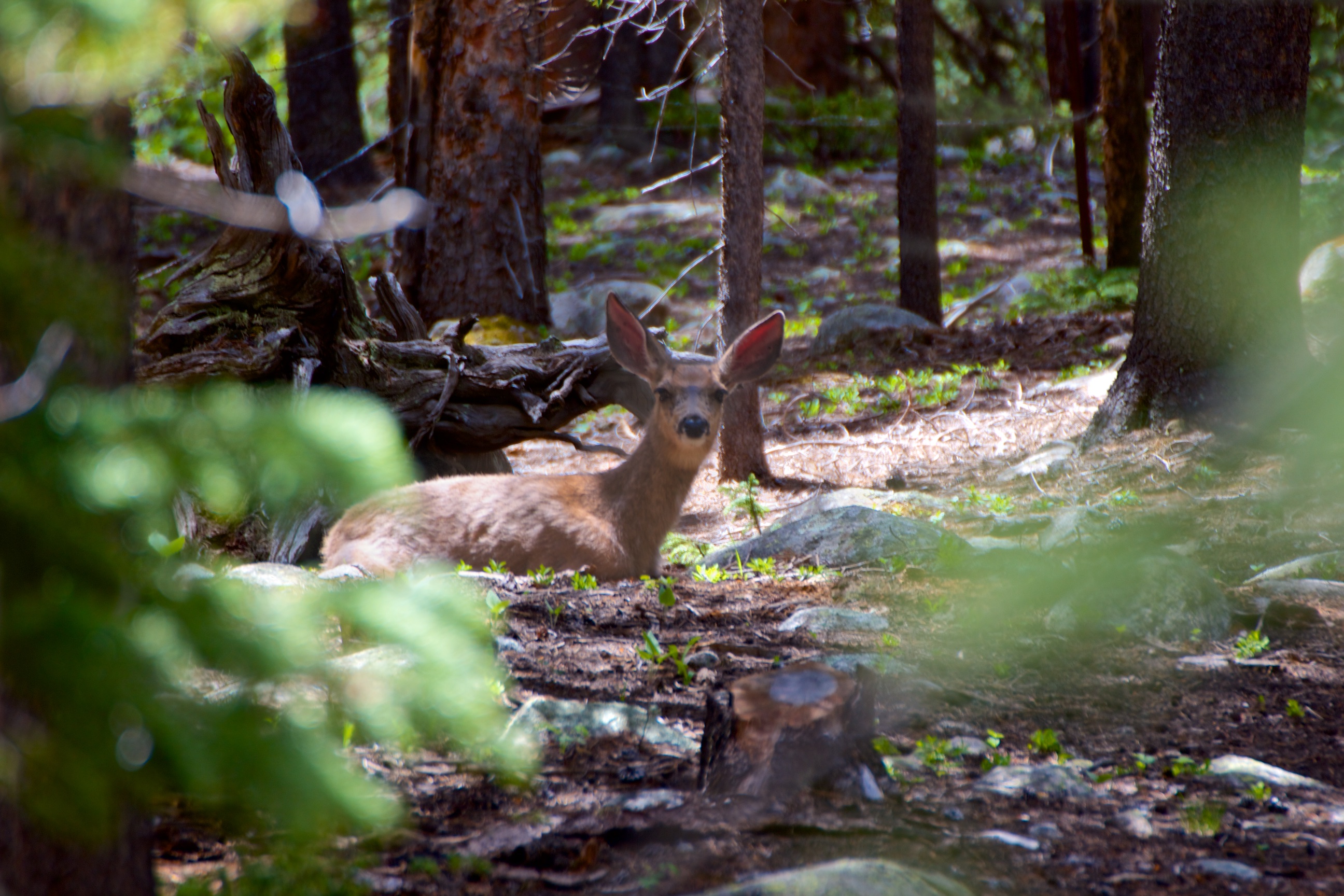When we were planning on sailing off to paradise, I was very cognizant of the popularity of some places. I wanted to avoid the really “populated” sailing destinations. I was definitely interested in the “off the beaten path” destinations, though those were decidedly becoming scarce. It’s not that I’m anti-social, though I tend to be simply because my likes just don’t align with most other people’s so we go different directions. I have no interest in getting drunk every night and stumbling into bed to simply get up and repeat the same stupid act the next day.
Most of the “close encounters” that I read about were in crowded anchorages where people just weren’t considerate. The typical attitude is what I like to term “human entitlement syndrome”. Someone feels they are entitled to have and be where they WANT regardless of the impact it has on them, others, or the environment.
As an example of this behavior, simply think about your commute on the freeways. And honestly, how often are we all guilty of this? Whether it’s conscious or not.
I read an article the other day about cell phone coverage expanding in national park areas. It wasn’t an opinion piece about whether it was right/wrong or good/bad. It was simply a statement of the facts. I wish I could find it, but I can’t. I can say that I found it through reading a post about the Trump Administration shrinking the size of national monuments in Utah, though THAT exact link is not the same one either. I’m not really sure what to think on THAT subject other than I KNOW it’s all about private citizens and corporations making money with little regard for the land itself. That said, the land was initally taken in what could be called a land grab by the Federal Government. Though, some Native American groups and others were all for the grab as it protected land that had ancestral importance to them.
Back to the cell phone coverage issue. My initial intuitive gut reaction was “NNNOOOOO!!!!” Why? Why, oh why?
There is no correct answer to this issue, though I certainly think there is a wrong answer. The wrong answer is to allow unfettered access to the mobile data companies to place towers wherever and whenever they want to garner more data slaves for their corporate profits. I recognize that the vast majority of people in the first world are forever tethered to their personal data cloud and social media empires. That is their choice. But . . .
And this is a HUGE but. They are NOT entitled to have it available ALL THE TIME and EVERYWHERE. Unless of course they are. *sigh*
Most of the land that we all enjoy today as wilderness and forest is public land. Very, very, very, few of us have thousands of acres of pristine scenic mountaintop that we can adventure in. That public land was either donated to or taken by some governmental entity. And we all benefit from it. Let’s not forget in 1964 we the people passed an act to protect our wild areas because we felt they have intrinsic value. This act protects “wilderness areas” and as far as I can tell it does not apply to “national park areas”. But, the act has a sound guiding principle:
In order to assure that an increasing population, accompanied by expanding settlement and growing mechanization, does not occupy and modify all areas within the United States and its possessions, leaving no lands designated for preservation and protection in their natural condition, it is hereby declared to be the policy of the Congress to secure for the American people of present and future generations the benefits of an enduring resource of wilderness.
The wilderness, whether labeled as such or as a park, is a resource. Not because of what it can contribute to the economy or how it can be commoditized, but because it has value and importance all by itself as it is. We seem to not recognize or appreciate that at the larger social, political, and economic levels today.
And what I have noticed is that our wonderfully wild areas are becoming more and more something that people “consume”. They are a thing to be conquered, not to be witnessed and enjoyed. Wilderness is used as a backdrop for one’s current Instagram or Facebook selfie post. The wild is used – consumed – simply for self promotion or as something to be personally conquered. I’m not opposed to beautiful pictures of the wild. On the contrary, I’m a huge fan of Ansel Adams and others. I believe that pictures and positive social pressure can be instrumental in protecting our wild areas for future generations. Pictures can tell beautiful stories that most of us will never get to experience on our own. They can also inform of us impending cultural disasters that we must rally to prevent.
In this instance, the pictures themselves are the evidence of an imminent cultural disaster. They are often thoughtless and without regard to any lasting effects on the environment. Increasing data coverage in the national park areas will increase geographic access to one’s social media cloud which will increase the consumption of the wilderness itself.
In quantum mechanics, it is said that the very act of observation has an effect on the observed. If that’s the case, should we not be responsible in our observations? Should we not head into nature seeking truth and beauty instead of entering it with the simple desire to consume it?
When we take a picture, we capture a very small part of the essence of that being photographed while at the same time we leave behind a very small part of ourselves.
As we make wilderness more convenient, it inherently loses its wild-ness. It is much easier to consume. And the very thing that drew everyone to consume it is what eventually destroys it. And then it’s off to the next thing to be conquered and destroyed. It’s a good thing that the national park system has experienced record numbers of visitors. It’s also a bad thing because those record numbers of people mostly go to the same places and many go in ignorance of how to experience it without detrimentally impacting it or, worse yet, they simply don’t care.
In everything, there must exist a balance.
I’ve read posts where people propose new regulations to “protect” wild areas. Regulations are like locks, they exist only for honest people and those with the resources to abide by the regulations and ensuing fees.
What we need is a cultural paradigm shift.
It was in junior high, I believe, that I had a heated discussion with my parents about logging in the Pacific Northwest. I was on the side of the trees. My parents were on the side of the loggers. I advocated a responsible sourcing of the trees, but that did not yield as many jobs, which the lumbermen were bemoaning the loss of. So, I proposed this question, “What happens when they cut ALL the trees down? Who will have jobs then?” As I recall, the answer was simply, “That won’t happen.”
As if we will suddenly realize in an epiphany of wisdom that we must NOW stop and eliminate the jobs because we are about to cut down the very last tree. If we can’t stop or at least curtail to a sustainable rate when there are billions of trees, how would we stop when the economic pressure to cut down that very last one would be so much greater?
The cultural paradigm shift that must happen is one from a consumption mentality to one of a production and conservation mentality. Instead of extracting value from the world, we must shift to creating value in it.
If we understand that there is value in conservation, we will, in a single united voice, say “The wilderness must remain wild.” It has value all by itself. If we should desire to experience it, we must experience it on the wilderness’s terms. We must come to it with a spirit of reverence, an appreciative frame of mind, and submit to its raw power, beauty, and grace.
There is a movement to add an 8th principle to the current 7 Leave No Trace Principles.
Be mindful when posting on social media and consider the potential impacts that rapidly increased use can have on wild places.
Use discretion when posting on social media and consider the potential impacts of creating a ‘buzz’ about specific destinations.
I think this is a good first step, but the proposed principles, I feel, need to be tweaked.
What I realize is that there is irony in this whole situation: to preserve the wilderness from the social media generation, we must rely on the social media generation to create a buzz about preserving the wilderness. It is indeed a catch-22.
I can only pray that the cultural paradigm shift happens in time. Hopefully, enough of us engage with nature, even if at first it’s for selfie reasons, that in the end a large majority become wilderness stewards. And not just stewards of more responsible visits, but true stewards of the whole wilderness in which we exist.
Go forth into the wilderness and find truth, not for yourself, but for everyone and everything.
I know this: We are how we treat those with no power to defend themselves, the trees, the flowers, the bees, the mountains. If we see no worth in those things that sustain us even though we do not recognize or accept it, in the end we have indeed sealed our own demise.
8th principle:
Be mindful of the impact that ALL your actions will have on the wild when you both go into it and promote it.
What do you think about a “Golden Rule” 8th principle?

